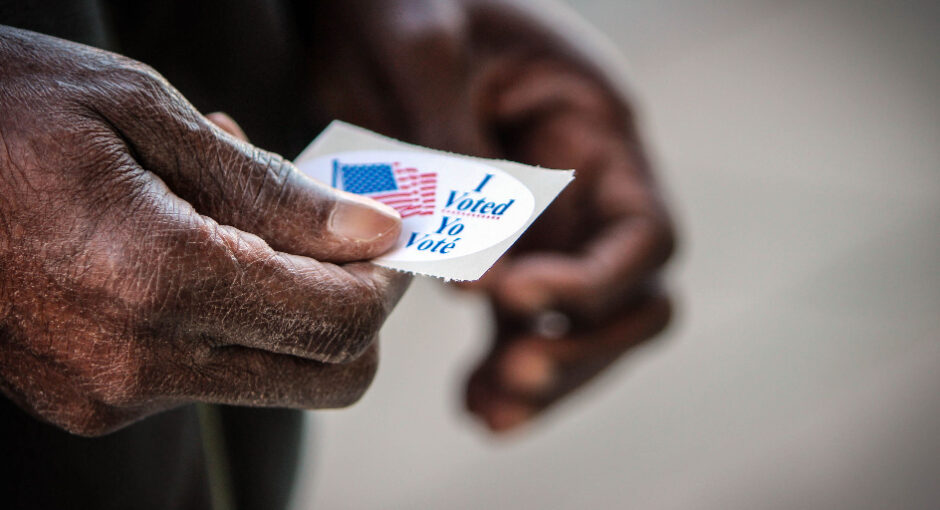Democrats will still control the U.S. Senate for the next two years, it became clear over the weekend, but control of the House has not yet been decided one week after the Nov. 8 midterm elections.
As of early this morning, the Associated Press reported that Republicans were one victory shy of the 218 seats the party needs to secure a majority in the House. Votes are still being counted in several races. The news service has declared that Republicans thus far have won 217 seats and Democrats 205. All 435 seats were up for election.
The AP called the Nevada Senate race for the Democratic incumbent Catherine Cortez Masto on Saturday, giving the party 50 seats to the Republicans 49, with the winner of Georgia’s election to be decided in a Dec. 6 runoff between Democratic incumbent Raphael Warnock and Republican challenger Hershel Walker. Even if Walker beats Warnock, Democrats will control the chamber due to Vice President Kamala Harris’ tie breaking vote, as is the case now.
If Warnock wins the runoff, the Democrats will have an easier time controlling the agenda and passing legislation. They would not have to agree to a power sharing arrangement where committee seats are evenly divided by party. They also would rely less on the votes of conservative Democrats Joe Manchin (D-W.Va.) and Kyrsten Sinema (D-Ariz.).
With control of the Senate decided, attention shifts to committee leadership lineups important to the 340B program.
Current Health, Education, Labor, and Pensions Committee (HELP) chair Patty Murray (D-Wash.) is expected to relinquish the spot to become Appropriations Committee chair. Sen. Bernie Sanders (I-Vt.), who caucuses with the Democrats, is next in seniority.
Sanders speaks often about the high price of prescription drugs in the United States but he has said little publicly the 340B program. In September 2020, he signed a Senate Democratic letter to Pharmaceutical Research and Manufacturers of America (PhRMA) President Stephen Ubl expressing “deep concern” over drug manufacturers’ denials or impositions of conditions on 340B pricing on drugs dispensed by contract pharmacies.
It has not yet been decided whether Rand Paul (Ky.) or Bill Cassidy (La.) will be the HELP Committee’s ranking Republican. In 2018, Cassidy sponsored legislation to impose a two-year moratorium on new disproportionate share hospital and child site registration in 340B. His bill also would have made it harder for DSH and children’s hospitals to register child sites after the moratorium, and would have required both types of hospitals to report their total revenues from 340B drugs, their patient mix broken down by payment source and child site, charity care expenses by child site, percentage of revenues at the child site level derived from infused or injected drugs, and all of the hospitals’ 340B vendors.
Ron Wyden (D-Ore.) is expected to remain chair and Mike Crapo (R-Idaho) ranking member of the Finance Committee.


